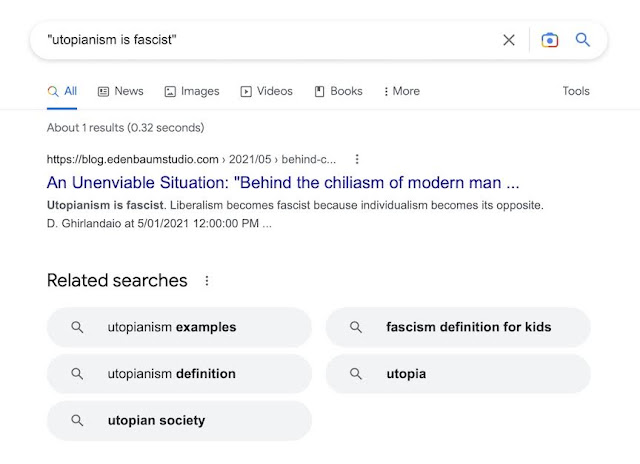Koppelman, "How Charles Koch Successfully Peddled the Snake Oil of Climate Change Denial"
Koch, one of the world’s richest men, is often depicted as merely a greedy plutocrat hoping only to line his own pockets. This is wrong. Koch is—or, at least, he once was—an idealist. We live in a world that was shaped by his ideals—ideals that have real attractions, but which have taken on a malign form.
A lot has been written about him. But until now, his political philosophy has never been carefully examined. When we do that, we learn both the power and the limitations of the libertarianism that so many have found attractive. We also discover that Koch has not even been faithful to his own unworthy aspirations.
Any account of Koch’s philosophy must begin with the story he tells about himself.
No. Any account of his philosophy begins with the history of his actions.
I emailed Koppelman: "Social darwinism is idealist. Let the weak suffer and die off."
Jason Mazzone, at Balkin
Stop what you're doing and read the extraordinary amici curiae brief Akhil Amar, Vik Amar and Steve Calabresi have just filed in Moore v. Harper. That's the case involving a claim by North Carolina legislators that under the Constitution only the legislature of a state has the power to regulate federal elections--without any interference from state courts or any constraints from state constitutions. The brief from Akhil, Vik and Steve is an intellectual battering ram that demolishes the independent state legislature theory. It is also the punchiest brief filed in a very long time. In its substance and by its candor, the brief sets a new standard for friend of the court. The brief is available at this link.
Judicial Review!!!
The adoption of new republican state constitutions across the American continent was a transcendent achievement in the late 1770s, acclaimed by Americans everywhere. These new state constitutions were the beating heart of the American Revolution. In a now-famous letter to his wife Abigail on May 17, 1776, John Adams explained, with pride and awe, the monumental import of the Confederation Congress’s decisive vote to encourage each state to adopt is own new constitution: A “whole [state] Government of our own Choice, managed by Persons who We love, revere, and can confide in, has charms for which Men will fight.”
So of course state constitutions were understood as supreme over state legislatures at the Founding! And of course state courts could—and did—enforce these state higher laws against state legislatures. Prominent state judicial review under state constitutions predated the Philadelphia Convention, The Federalist No. 78, and Marbury v. Madison. Indeed, state constitutions formed the basic template for the federal Constitution.
my highlighting. Judicial review has a tag
On the contrary, it is increasingly clear in today's world (if it had ever been in doubt) that a Left which cannot grasp the immense Utopian appeal of nationalism (any more than it can grasp that of religion or of fascism) can scarcely hope to "reappropriate" such collective energies and must effectively doom itself to political impotence.
We have a winner.
… But now we have another problem.
What is that?
What if we find out what makes each of us internally consistent? What if I find your true name, that thing which describes exactly what you are?
Then I will always be honest, or predictable at least. And you will be able to interpret everything I say and never be wrong. And of course I’ll know your name as well.
No dishonesty, no subterfuge, no Freud, no art… Then we can all be logical positivists.
But it doesn’t matter. That dream’s irrelevant.
I want unification.
It’s an illusion.
I want the illusion.
Do you want the illusion or do you want the illusion to be real?
What’s the difference?
One means that you have an appreciation of the arts. The other means that you’re a fascist.

No comments:
Post a Comment
Comment moderation is enabled.